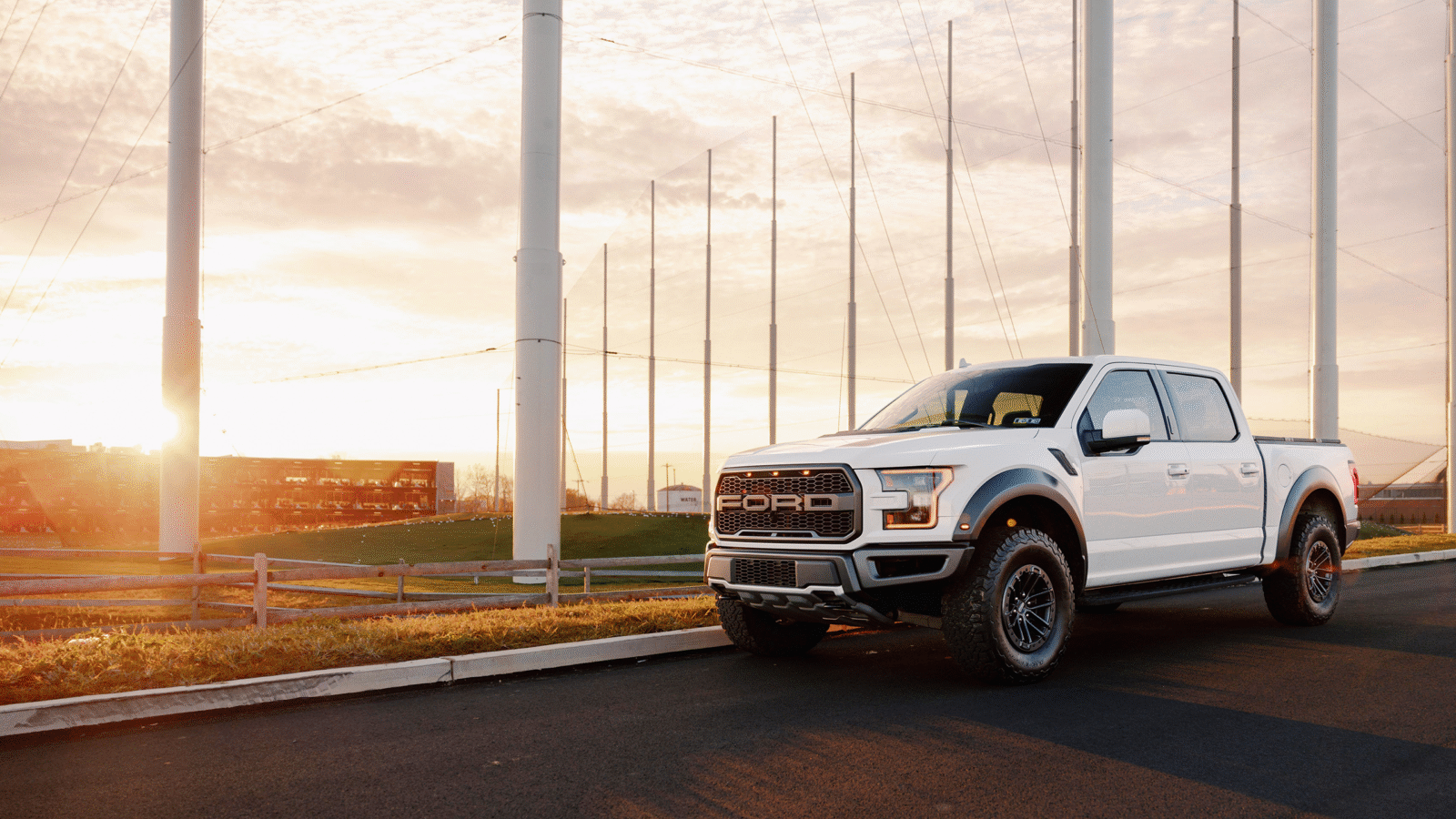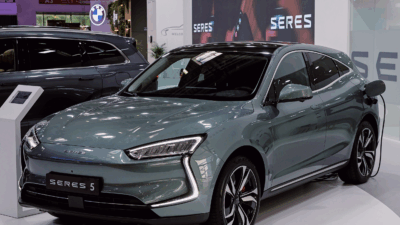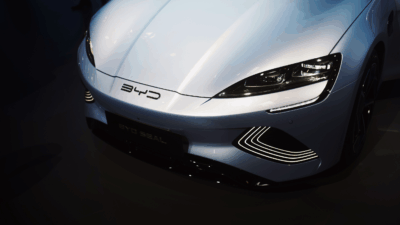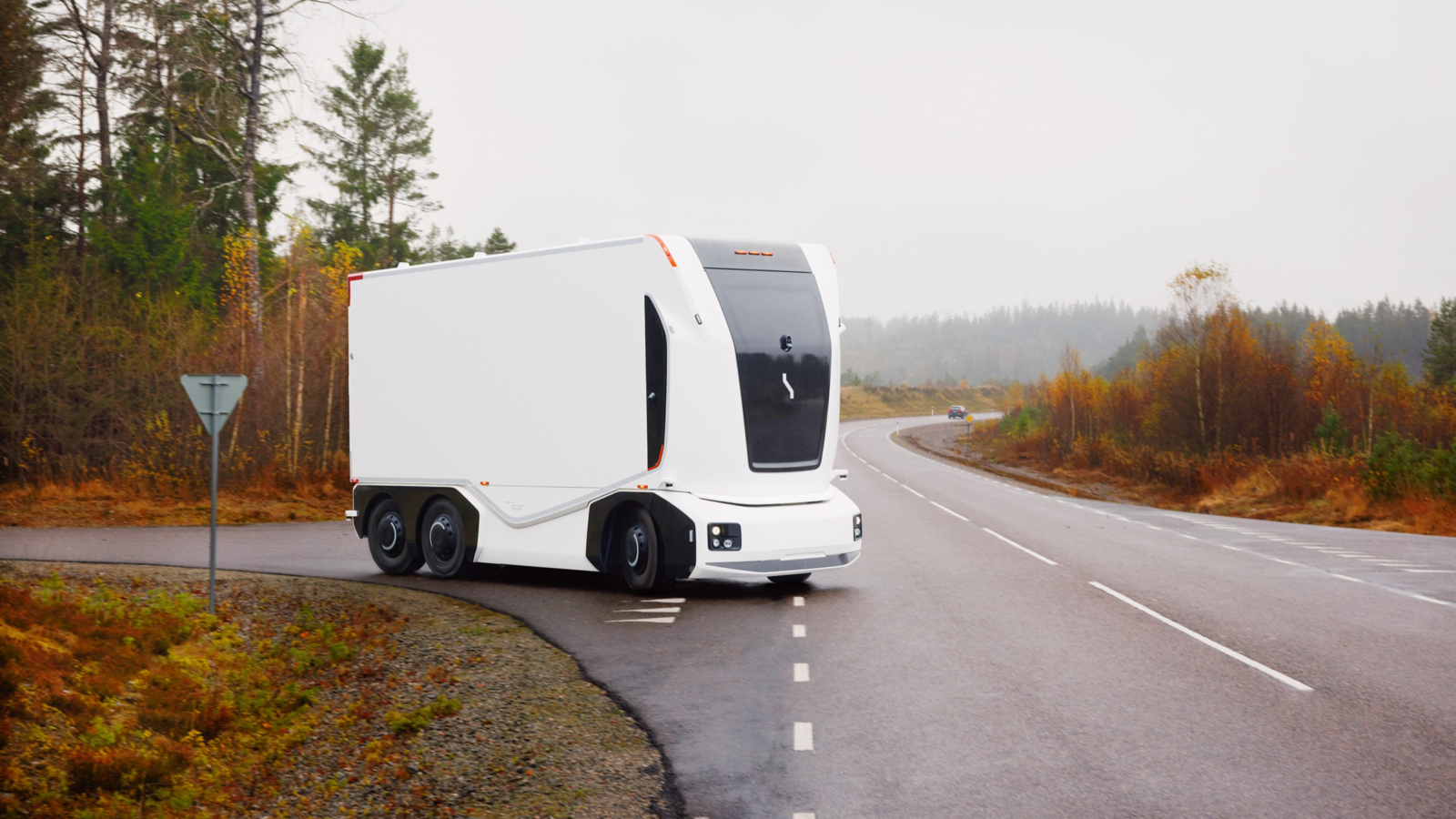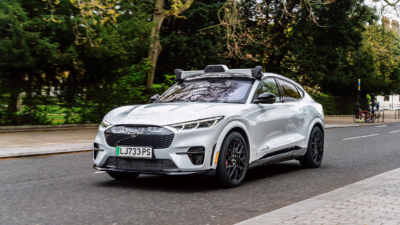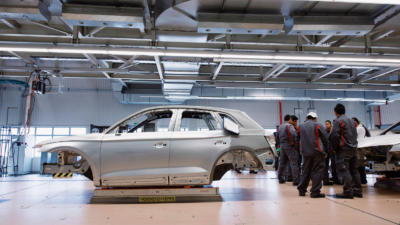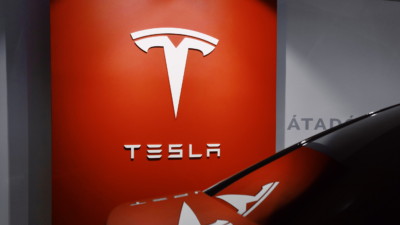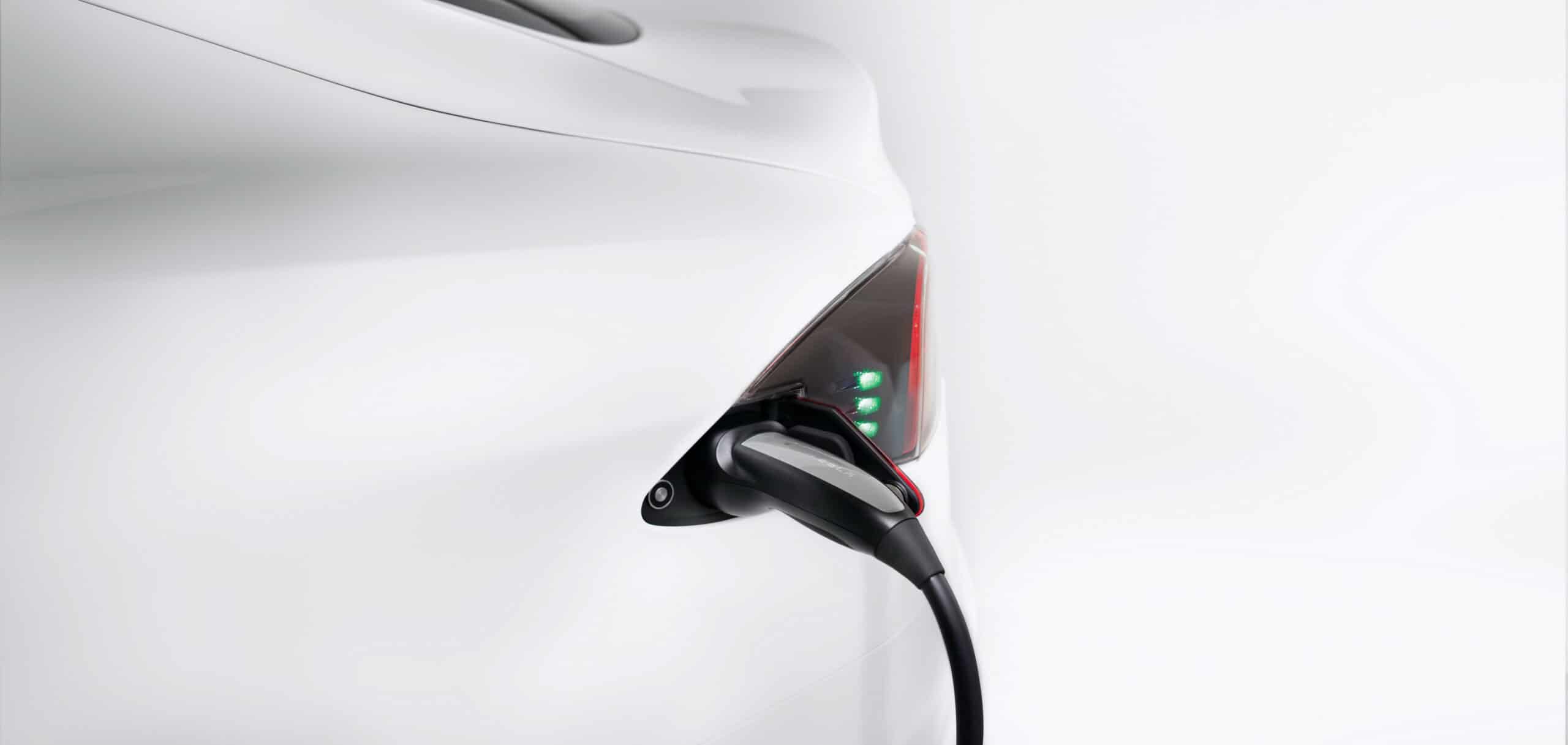
Sign up for smart news, insights, and analysis on the biggest financial stories of the day.
The U.S. Congress has big plans for electric vehicles (EVs), but two of the world’s biggest automakers were stunned Saturday to find out they’d been kicked to the curb.
Honda and Toyota registered their fury at Democratic lawmakers, who proposed to expand tax credits for EVs, but only for union-made cars assembled in the U.S. That would leave the Japanese automakers — and Elon Musk’s Tesla — in the rear view of their American rivals.
A More Electric Union
President Joe Biden wants electric vehicles to make up 50% of U.S. vehicle sales by 2030. As it stands, that’s a very long way away: battery electric vehicles (BEVs) account for just 2.2% of U.S. sales, according to PwC. The good news is there’s a future where billions worth of EV sales will be up for grabs.
In order to get there, the House Ways and Means Committee will vote Tuesday on whether to put forward a proposal to help close America’s EV gap by offering huge tax credits. The problem, Honda and Toyota say, is it massively favours the Big Three US automakers, GM, Ford, and Fiat Chrysler:
- The proposal would expand tax credits for U.S. electric vehicles to $12,500 per vehicle, but only for cars made in the U.S. at unionized plants.
- That would leave Toyota, Honda, and Tesla — which all make cars in the U.S. and employ Americans, but not at unionized facilities — on the sidelines. Their EV credits would stay where they are now, at $7,500 per vehicle.
Honda, which has factories in Ohio, Alabama, and Indiana, said the proposal “discriminates among EVs made by hard-working American auto workers based simply on whether they belong to a union.”
Will It Pass?: The odds are decent. The proposal is part of a $3.5 trillion spending bill that has broad backing from House Democrats. While the Senate is split 50-50, in May a Senate panel backed the idea of EV credits for union-made vehicles with a vote split on party lines. One thing’s for sure: some auto lobbyists are about to do very well in the next few weeks.
